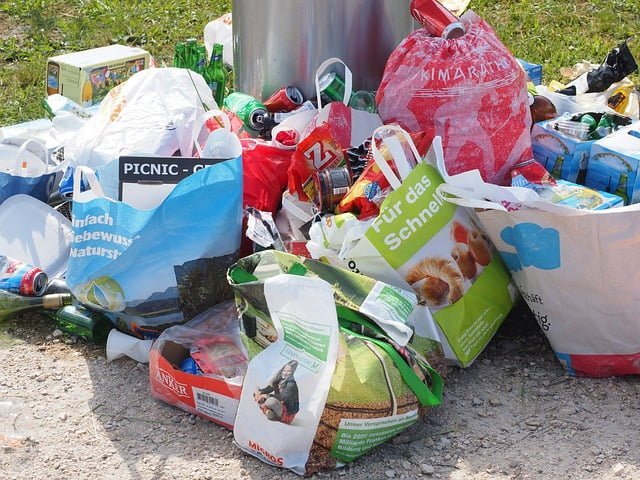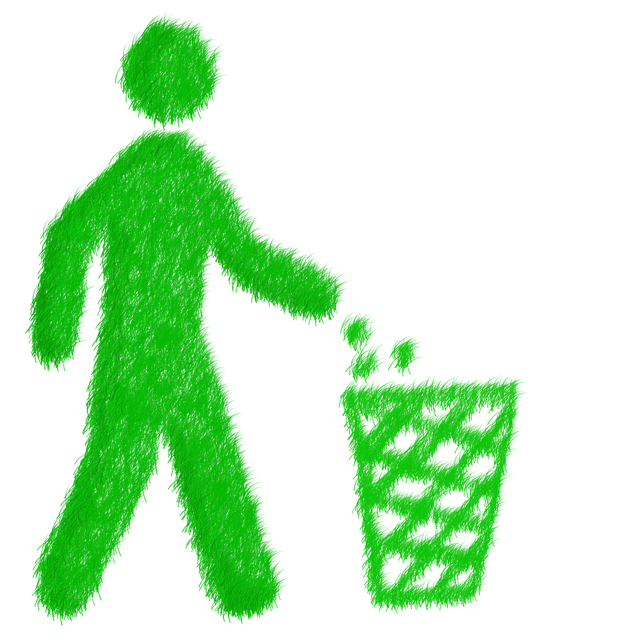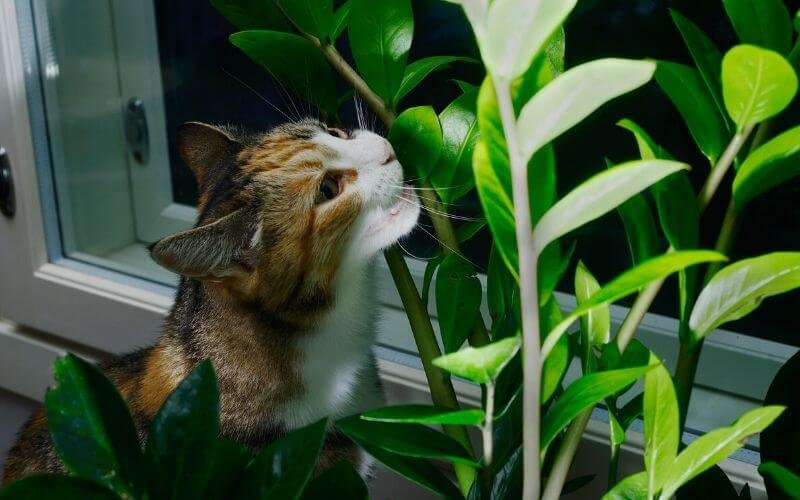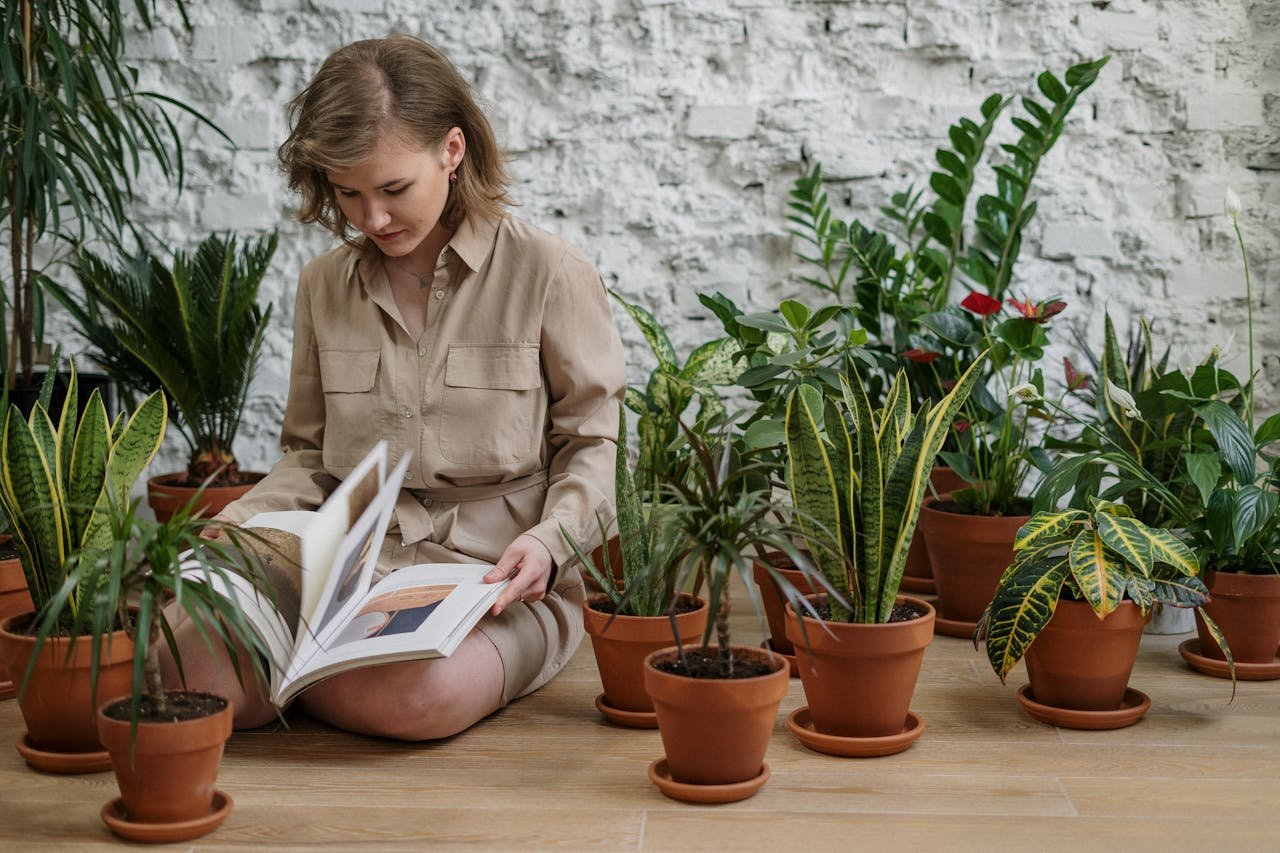7 Plant Products You Should Throw Away
Introduction
7 Plant Products You Should Throw Away; Do you ever stop to think about the plant-based products in your home? While many plant products offer numerous benefits, there are some that may not be as beneficial as you think. In this article, we will explore 7 plant that you should consider removing from your household.
Thank you for reading this post, don't forget to subscribe!Scented Candles
Scented candles are a popular choice for creating a cozy ambiance in homes. However, many scented candles contain synthetic fragrances that can release harmful chemicals when burned. These chemicals may have adverse effects on indoor air quality and human health. Consider switching to unscented candles or using essential oil diffusers instead.

Points to consider:
- Check the ingredients list for synthetic fragrances
- Opt for candles made from natural ingredients like soy or beeswax
Air Fresheners
Similar to scented candles, air fresheners often contain synthetic fragrances that can contribute to indoor air pollution. These products may also contain harmful chemicals like phthalates, which have been linked to various health issues. Instead of using air fresheners, consider opening windows for natural ventilation or using natural alternatives like baking soda and essential oils.
Points to consider:
- Look for air fresheners labeled as “phthalate-free”
- Consider homemade air freshener recipes using natural ingredients
Fabric Softeners
Fabric softeners are commonly used to make clothes feel softer and reduce static cling. However, many fabric softeners contain synthetic chemicals and fragrances that can irritate the skin and respiratory system. Opt for wool dryer balls or vinegar as natural alternatives to traditional fabric softeners.
Points to consider:
- Avoid fabric softeners with ingredients like parabens and synthetic fragrances
- Try using aluminum foil balls in the dryer to reduce static cling
Pesticides
While pesticides are effective at controlling pests in gardens, they can also be harmful to beneficial insects, animals, and the environment. Consider using natural pest control methods like introducing beneficial insects, companion planting, and practicing crop rotation to reduce the need for synthetic pesticides.
Points to consider:
- Choose organic or natural pest control products
- Use physical barriers like row covers to protect plants from pests
Non-Organic Cleaning Products
Many conventional cleaning products contain harsh chemicals that can be harmful to both human health and the environment. Look for plant-based, biodegradable cleaning products or consider making your own cleaning solutions using ingredients like vinegar, baking soda, and essential oils.

Points to consider:
- Read labels carefully and avoid products with ingredients like ammonia and chlorine bleach
- Consider using reusable cleaning cloths instead of disposable wipes
Plastic Plant Pots
While plastic plant pots are convenient and durable, they can leach harmful chemicals into the soil and affect plant health. Consider switching to biodegradable or terracotta plant pots that are more eco-friendly and allow for better air circulation around the roots.
Points to consider:
- Look for plant pots made from materials like bamboo or rice husks
- Consider repurposing old containers as plant pots to reduce waste
Conclusion
As you evaluate the plant-based products in your home, keep in mind the potential impact they may have on your health and the environment. By making conscious choices and opting for more natural alternatives, you can create a healthier and more sustainable living space. Start by removing these 7 plant products from your household and making small changes for a greener lifestyle.
Remember that small changes can make a big difference in creating a safe and eco-friendly living space.




